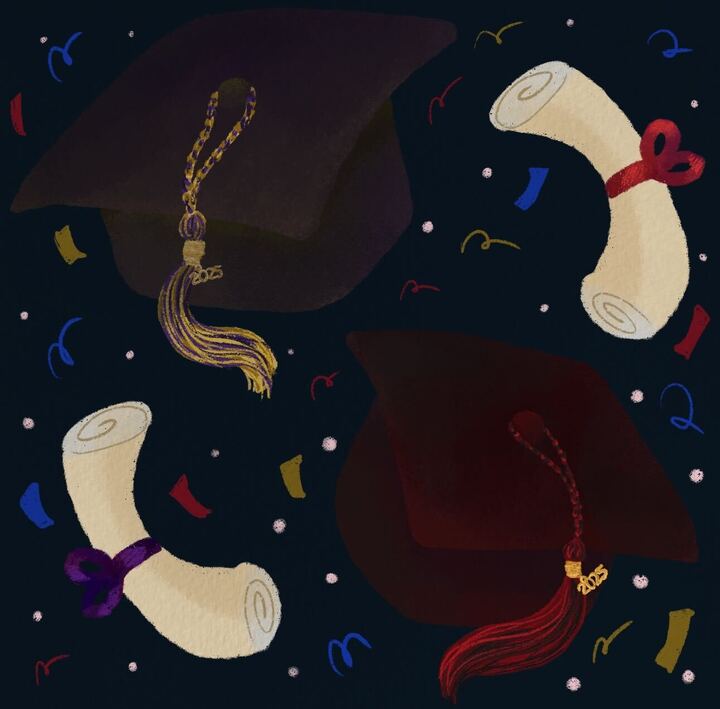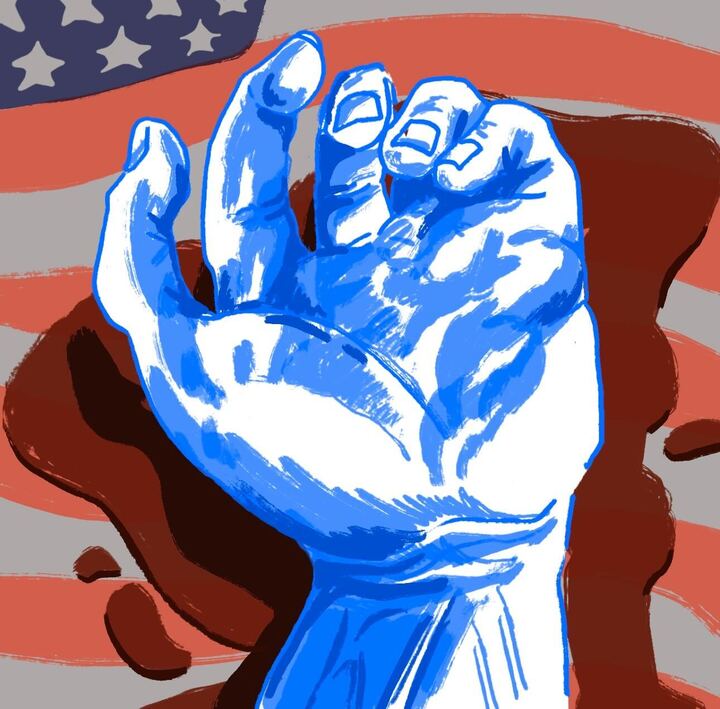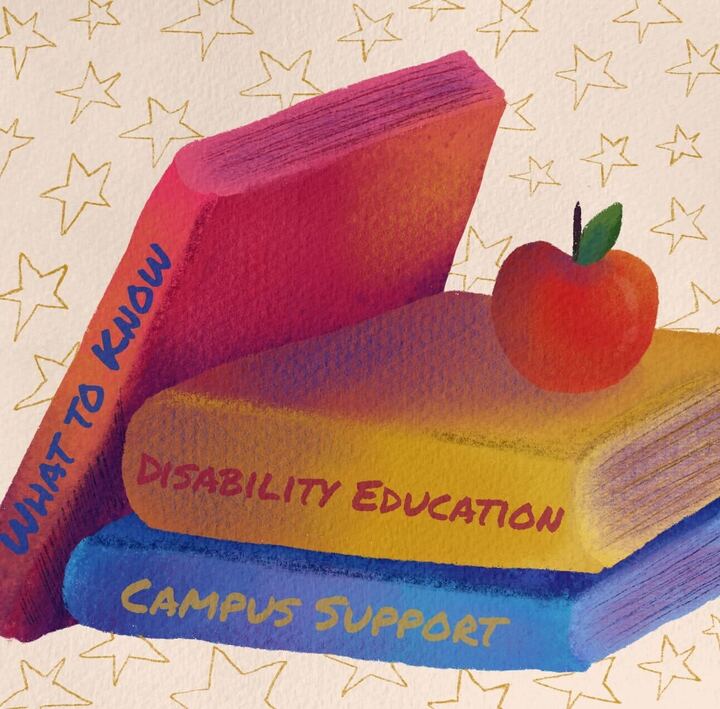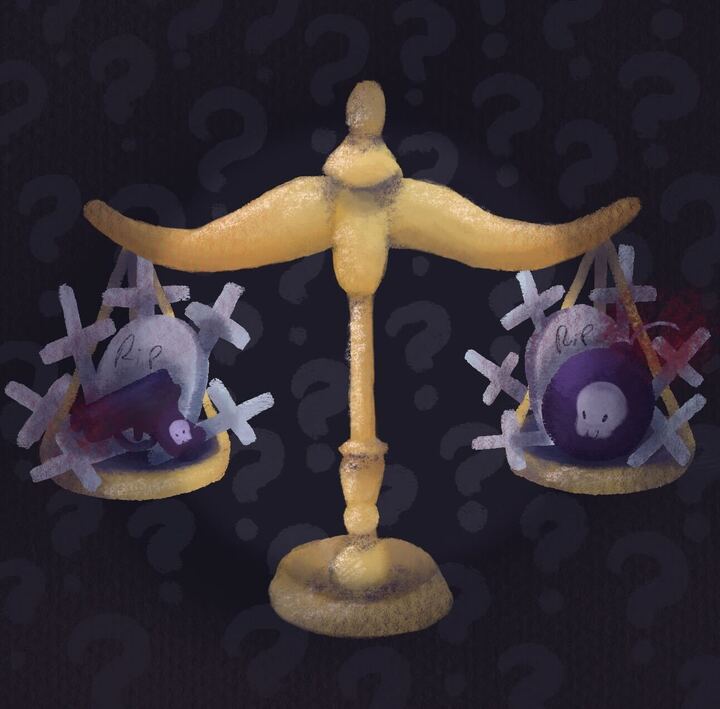
By Abbey Ronquillo
According to CSUN administrators quoted from an article in the Daily Sundial last March, reporting a friend’s behavior that changes suddenly could be the difference between danger and safety.
This may seem like a good idea to keep people safe, but the view is too simplistic. Yes, we should consider our immediate feelings, but we should also take time to mentally digest reasons for what is going on. If we fail to do so, we could potentially be distracted by how we feel and not fully understand what this a strange or different person is going through.
Doesn’t this mean whoever isn’t exactly like you- literally the other 7 billion people who live on this planet, should be considered a threat? Even in a population as small as CSUN, we are quite an assorted group of people.
This past September, the CSUN community had their own shaky experience with an alleged gunman. The suspect, philosophy student Gahren Moradian was in class while the library was shut down. His classmates said he was usually bubbly and active in the classroom, but on that day he was more quiet and reserved.
Would this seem suspicious to you? Perhaps it did bring up some speculation, those classmates did observe a change in behavior, but for someone who only had interaction with him within the classroom, it would be difficult to judge him fairly.
There are levels based on familiarity that help us better judge a person’s actions. Someone who has known you for years could most likely have a better read on what is bothering you and whether or not it is life threatening, while someone you just met would probably assess everything you do as suspicious.
Dr. Mark Stevens, director of University Counseling Services, believes that whether it is a friend or a someone you just met, it is crucial to react.
“The concept of (a) bystander is really quite important in terms of potential strangers that don’t know the person or for people that do know the person,” Dr. Stevens said. “It does take some courage to report behavior.”
There is no right or wrong answer when it comes to dealing with others. It’s up to your best judgment to assess the situation and act on that.
“There are some situations that call for immediate action, but it may be more appropriate to ask the (the suspicious person),” Dr. Steven added.
Approaching the source directly seems like a reasonable and less rash way of reacting to a sudden change of actions. It would be more appropriate to talk to a suspicious friend first instead of potentially getting them in trouble, or breaking your bond of trust with them. I’m sure everyone can recall at least one instance when they were misunderstood and the consequences, whether be minimal or not, could have been easily avoided.
“I would evaluate the situation first, given the circumstances, if the person is in immediate danger I’d do something,” said psychology major Alex Reid, 21. “If not it just let time heal”.
Strange is relative. Whether you’re first generation American or if your great great great grandparents came on the Mayflower, you’ve been immersed in Western culture. What you see people do every day is what you’ve learned is acceptable in society. Sometimes we meet people who do have different customs, traditions and experiences than we do. This diversity makes America an exceedingly interesting place to live.
Everyone has their quirks, be it tying your shoelaces together or drinking soup through a straw. We’re all insecure about these things and are hesitant to express them in fear of being judged.
“I judge a stranger based on my first impression of them,” said Reid, “that’s what separates them from friends.”
There is one person who can fairly assess whether on not you’re strange. That someone has your parents, went to the same schools as you did, has your job, has your friends, and has gone through the same problems you have, and who has your exact same life.
As strange as this may seem, yes, the only person who can deem you strange is you. Who else has seen and experienced the things that you have? You and only you have access to your inner most thoughts, your deepest desires, and fully understand your values. Keep this in mind, and try not to be too paranoid when you see people acting “strangely.” Seek first to understand, then…to have concern.





